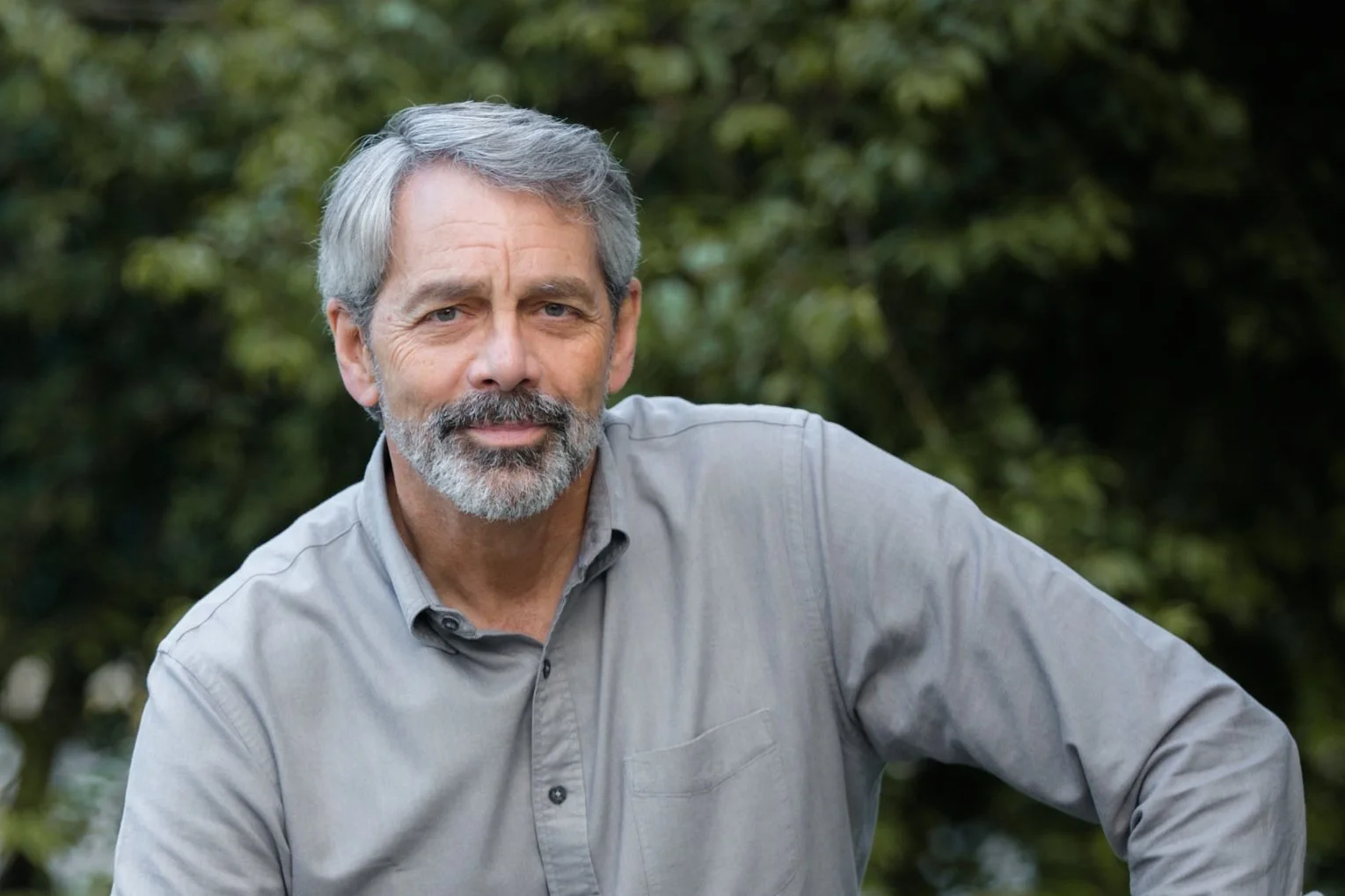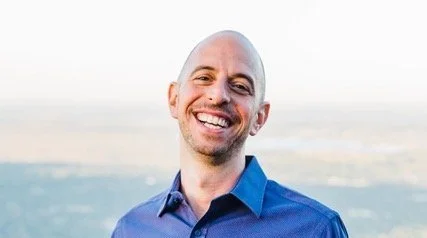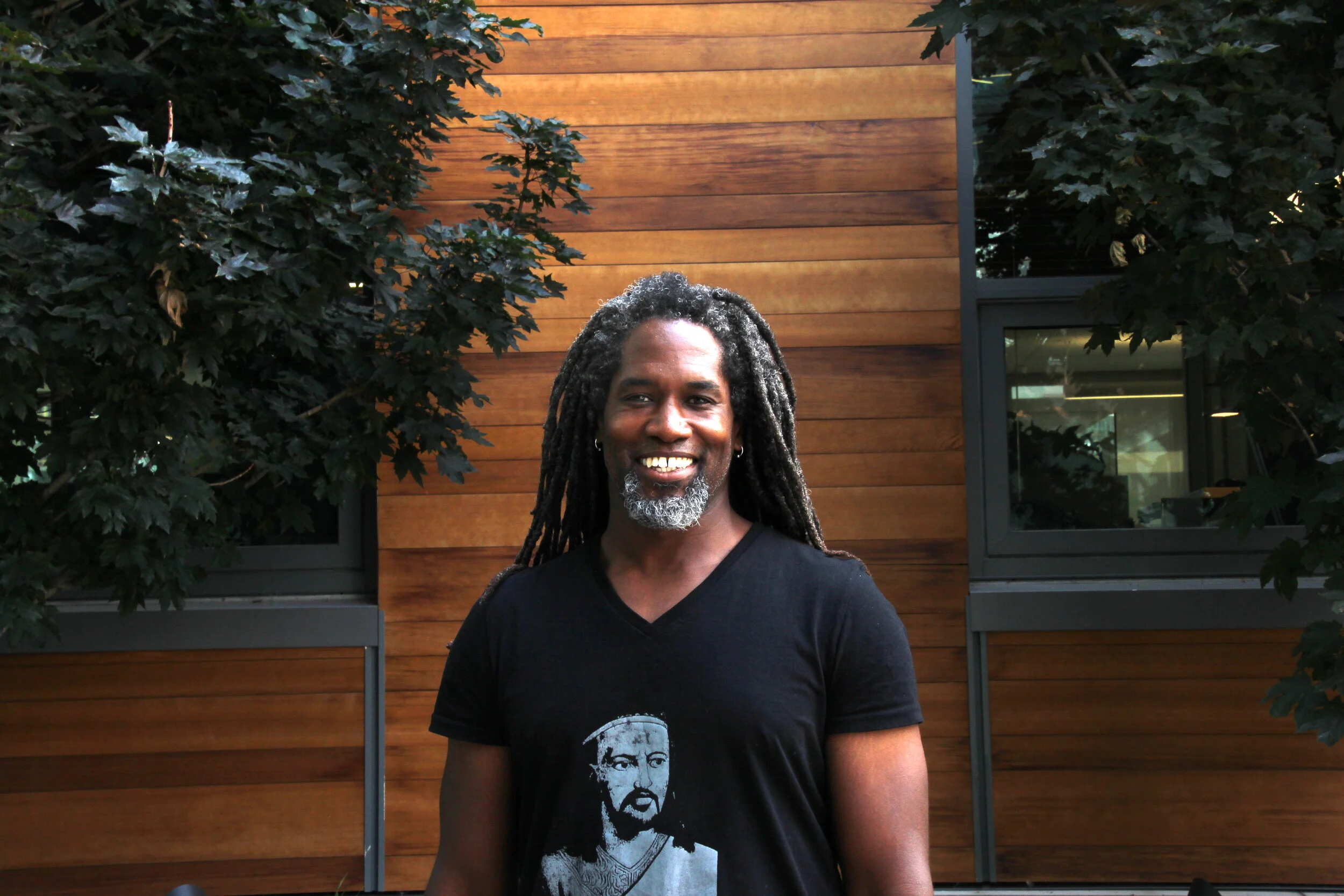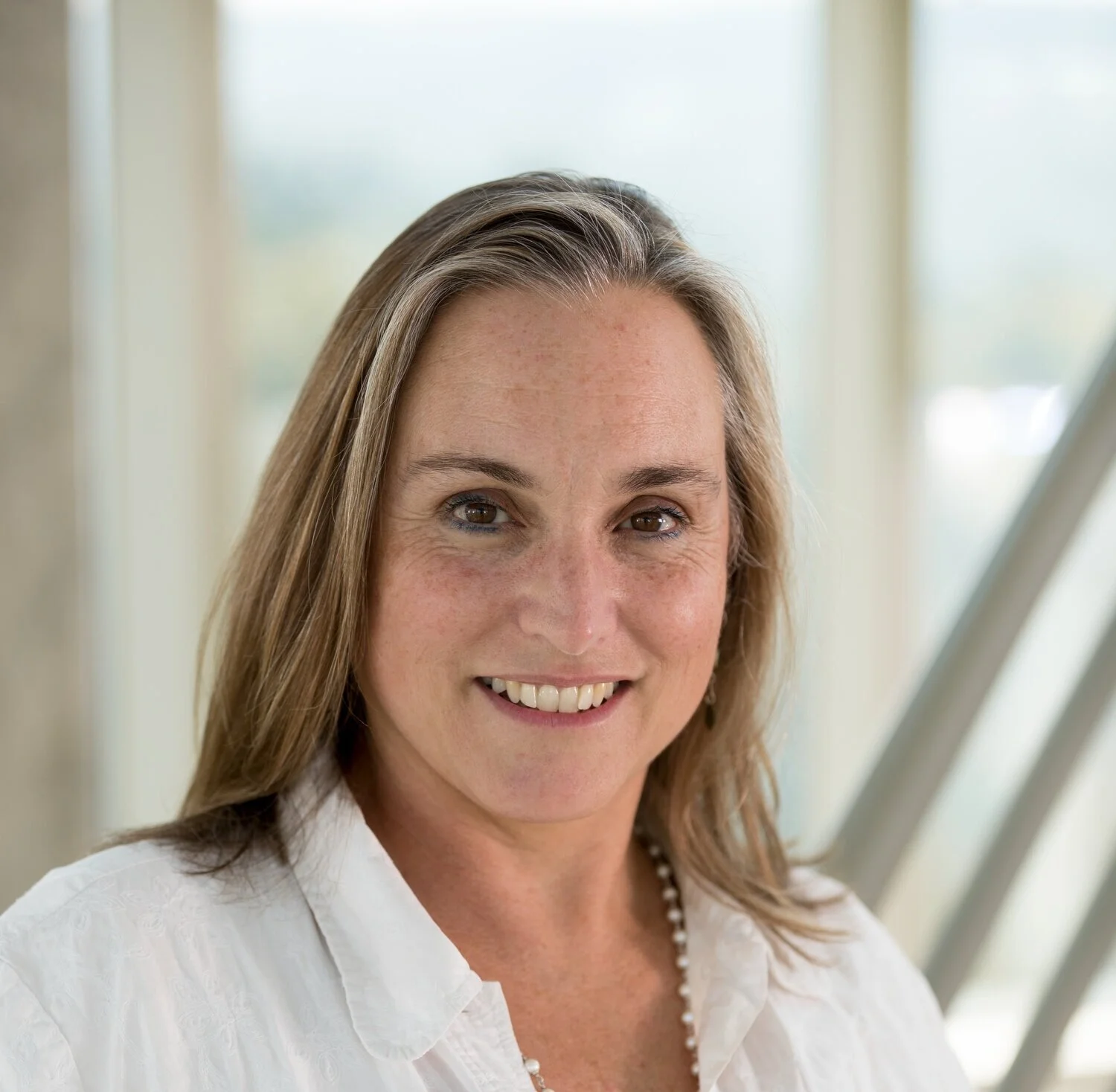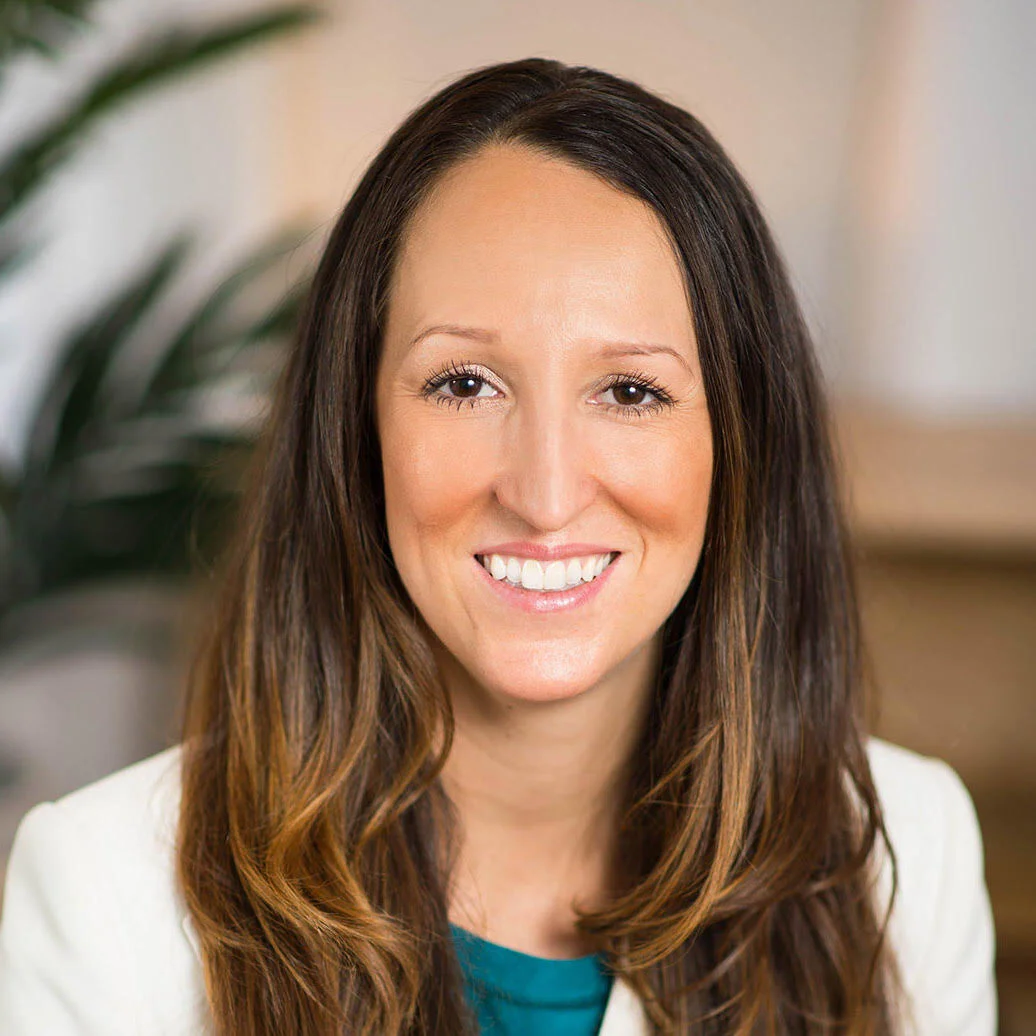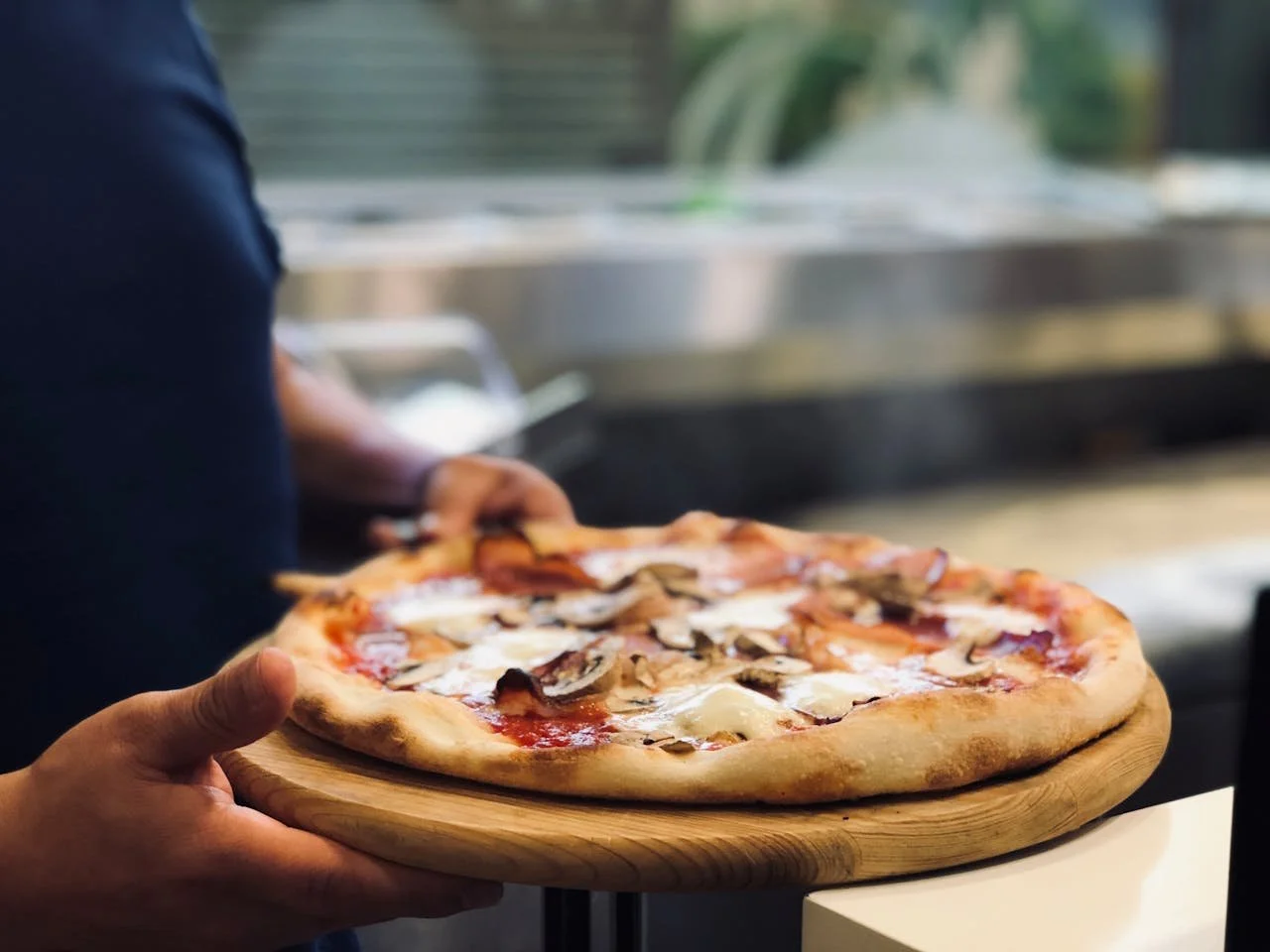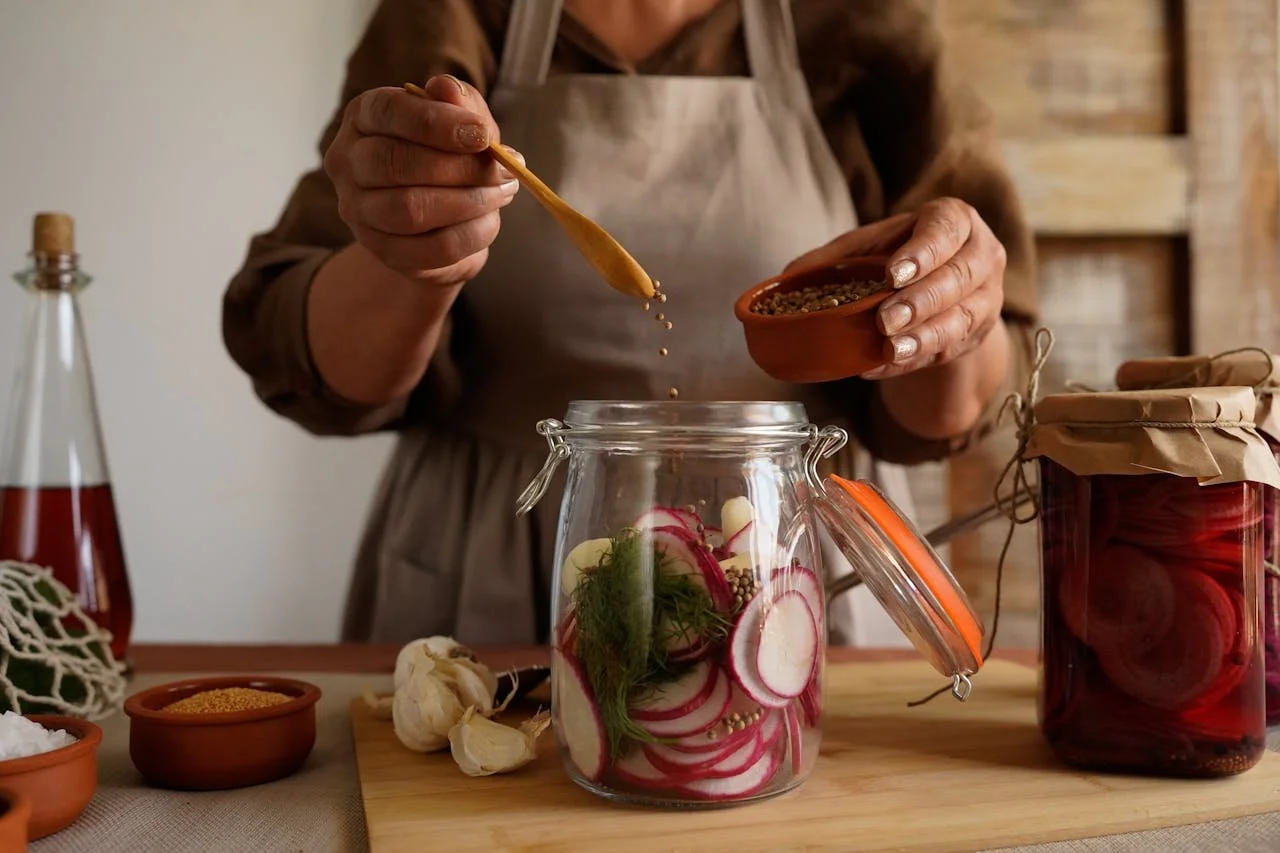From Finance to Fermentation: A Journey with John Brand, Owner of Open Outcry Brewery | The Elements of Being Podcast
Recently, I interviewed finance wizard and brewery owner John Brand for my podcast “The Elements of Being.” Here are his nine thought-provoking answers to my questions about transitioning from a 15-year career in finance to opening his brewery, Open Outcry. Take a read…It may inspire you to leave your job to pursue your dreams finally.
DID YOU CONSIDER OTHER BUSINESSES BEFORE OPENING A BREWERY?
John Brand: No. I wanted to make beer. If I was going to give up my career in finance, I had put a lot of time and energy into it, and I had some excellent opportunities. If I continued it, I would give it up for something I wanted to do. I homebrewed for ten years…I just loved the process of making beer. I loved making something with my hands, sharing it with people, and watching them enjoy it. Especially a beverage like beer or alcohol, a social lubricant where you can sit with somebody and share with them. It fosters conversation and connections with people. And that idea of making something like beer and sharing that with my friends, family, and neighbors on the south side of Chicago was the only thing I was focused on. I didn't think about anything else. The idea of starting a financial services firm or investing futures……I'd never even considered it. I was going to do it- I was going to go in a different direction. I was going to pursue something I wanted to do and had a passion for. And that's what beer was.YOU MENTIONED THAT IT TOOK ABOUT FOUR OR FIVE YEARS BEFORE YOU MADE THE JUMP…AND I'M SURE THERE WAS AN INTERNAL DEBATE DURING THAT TIME. I WANT TO DIG INTO THAT A LITTLE MORE TO LEARN ABOUT WHAT HELD YOU BACK FROM MAKING THE JUMP SOONER. WERE THERE ANY DOUBTS OR FEARS THAT YOU NEEDED TO OVERCOME, AND IF THERE WERE, HOW DID YOU DO IT?
John Brand: I was entrenched in that career, and it was a long process to convince myself that it was rational to give it up to start a business-especially a high-risk business like a bar, restaurant, or brewery. The success and failure of bars and restaurants are pretty well documented. It isn’t the most rational decision. It isn’t the most conservative decision if you're a somewhat conservative guy like me. I don't consider myself conservative with risk anymore. This whole experience has changed my relationship with risk and money. It wasn't a rational decision to make. I also knew that I probably would have regretted it if I hadn't. I can choose a successful career path in corporate America to have financial security and all the things that come along with that, but I didn't want to have that regret of thinking about what would've happened if I had done it. I started hanging out with people who had done it before. I started reading a lot, too….I was introduced to writers like Tim Ferriss. He started his own business and became an entrepreneur. Ferriss wrote books that dissected the mindset and mentality of people…that entrepreneurship is in their DNA. Being exposed to guys like that started to shift the perception of risk in my head. It's risky, but you can do this if you're thoughtful about it. So that helped. It took years for me to go through this decision-making process.CAN YOU DESCRIBE HOW YOU OFFICIALLY COMMITTED TO THIS DECISION (WHETHER THAT WAS YOUR TWO-WEEK NOTICE OR SIGNING SOME LEGAL DOCUMENT)? AT WHAT POINT DID THIS THOUGHT BECOME A REAL JUMP?
John Brand: I think it was maybe in 2012 or 2013 when I started thinking about whether or not I could execute a vision of opening a brewery. I would come home from work, sit in front of a computer, and start pounding it. I would document the vision that I had in my head…I started putting it down on paper. I did this once or twice a week for a year or two. It was cathartic because I was frustrated and disillusioned with the traditional corporate career path. This was an outlet to pretend that I would open a brewery.
Over time, though, that idea started to become an actual plan….real good ideas were documented, flushed out….and a game plan for delivering what a brewery could look like. As the document grew and became more detailed, I had a little bit more confidence in the fact that I do have an idea here, and I do have a path to execute it. I did that for probably two or three years, and it was perhaps the most extended and well-written business plan you've ever seen. I had to go through the process of writing it down on paper to convince myself that I could do this.
I still hadn't made up my mind that I was going to do it, but I occasionally started looking at listings of commercial properties nearby. And again, I was not convinced that I was going to do it. When the right property came up, it clicked. I had a plan I had been working on for a few years. I had almost the perfect property that the plan sat on top of (two blocks from my house). I had an excellent rapport with my wife the whole time and shared what I was thinking. She was supportive of it. I had to make a decision. It was either crap or get off the pot. This happened in late 2015 (after three or four years of writing a business plan). It was the first time I had to look at myself and say, “Okay, am I going to do this or what?” I had done all the previous work for the last couple of years. I knew the economics of the business plan. I knew what it would cost. I knew how I wanted to execute the vision. I knew I wanted the space to work. Since I had done all that work, it gave me confidence for the first time.SOME PEOPLE BELIEVE THAT MOST TRANSITIONS EXTEND FROM REACHING A BOTTOM, SAYING, “THIS IS ENOUGH,” AND THEN MAKING A JUMP. IT SOUNDS LIKE THIS IS A LITTLE DIFFERENT STORY, RIGHT?
John Brand: I was never so miserable in a traditional corporate career…I never felt so desperate that I had to get out. I wasn't excited to get up and go to work every day, and I wasn't clinging to desperation either. As I matured and developed self-awareness, I knew there was probably a better path for me. I was fearful of regret. I didn't want to look back thirty or forty years from now and say, “Why didn't I do it?” I think that weighed on me the most. I convinced myself that if I did it..if I took the leap and sucked…I just wasn't an entrepreneur. I wasn't somebody that could do it, and I failed. I was comfortable with that, too. That was a real… genuine possibility. And if that happened, I also had known that I had worked hard enough in my previous life and had enough friends in that industry or that space that I could have called somebody up and gotten a job somewhere back on the streets.IT SOUNDS LIKE IT WAS A FAIRLY CALCULATED RISK. YOU STILL WORKED FOR YOUR FORMER FIRM PART-TIME WHILE OPENING THE BREWERY, CORRECT?
John Brand: I was very fortunate for my former employer. When I told them what I was doing, there was some shock. They questioned me, “You sure you want to do this?” I explained the maturation process I had gone through over the last couple of years and that I had done my homework. When you give a financial services firm two weeks’ notice, they get very protective of their information. Many times, even if it's a cheerful ending to that relationship, they still walk you back to your office after the notice, gather up your things, and then walk you out the door. I was fully prepared for that. It was the opposite, though. I was very fortunate. Not only did they support me through the process, they allowed me to modify my schedule. I went into a part-time capacity for six months while bootstrapping the business. Not many people have that sort of support or opportunity that I did, which certainly helped my transition. It allowed me to make a little money. I was still paying my mortgage while building the brewery….planning the brewery.LET'S JUMP A LITTLE MORE INTO THAT TRANSITION. I'M SURE NOT EVERYTHING WENT SMOOTHLY. CAN YOU DESCRIBE ANY MOMENTS OF FAILURE THAT MADE YOU QUESTION THIS NEW PATH? HOW DID YOU OVERCOME THOSE MOMENTS?
John Brand: I learned quickly that part of owning a business is accepting that things go wrong. You have to be comfortable with that. You have to be able to let micro failures roll off. You can't dwell on them because it’ll distract you from executing the plan and mission. I’m a pretty organized guy and somewhat of a type-A personality. Control has always been an issue for me regarding my management style. That was a transition for me…to accept that things won’t always go my way or the way things were planned. Things went wrong as I built out the brewery and worked part-time in downtown Chicago. I learned quickly to let the failures go and not dwell. You learn to love to eat crap. You need the capacity to eat crap if you're going to start a business.CAN YOU IDENTIFY ANY SPECIFIC LESSONS FROM THE CORPORATE WORLD THAT MADE THIS TRANSITION EASIER?
John Brand: Oh, for sure. Yeah. We were talking about how I wish I would have realized this earlier. Like you did…you had self-awareness in your twenties and just did it (starting a personal training business). I didn't. Maybe that was a blessing. While working in companies for about twenty years, I learned the best practices of accounting, planning, budgeting, HR-related issues, dealing with employees, hiring and firing people, etc. These are all things that, if you pay attention to them, you pick up on how to do it (especially on how to deal with present-day legal issues). If I had started a business in my twenties, I wouldn't have had the benefit of seeing all those things. In some ways, this delayed self-awareness and realization that I want to start a business probably are helping me now. Now, if I’m having a dispute with an employee, I know how to navigate that. I know how to document things. I know how to protect myself and mitigate risks. These are all things I learned throughout my career in finance. It also gave me confidence. I’ve seen the inner workings of companies, and now I'm trying to apply all of those best practices to the startup business.I'M NOT THE TYPE OF PERSON THAT WILL RETIRE, SIT ON THE FRONT PORCH, AND DRINK MY TEA. I ALWAYS FEEL THAT I’LL STILL BE DOING “SOMETHING” WHEN I RETIRE…PERHAPS CREATING ANOTHER BUSINESS. SOME PEOPLE FEEL THAT MAY BE UNHEALTHY, BUT ISN'T THAT WHAT WE ARE….BEINGS THAT NEED MENTAL STIMULATION?
John Brand: I agree with you. I don't know if I'll ever retire, either. I always want to do something. I think this idea of retirement…..you're speaking directly to the narrative that we're spoon-fed in this country. You go to school….you learn just enough to be an obedient worker. You work in a career that you don't particularly like or have a passion for with the hopes of one day retiring, living the golden years, and doing whatever the hell it is you want to do. Right. I think that narrative is crap. I think you should find something you want to do and do it. Enjoy doing it…enjoy the journey and all the things that come along—the failures…the successes…the distress…the fear.WHAT ARE YOUR DAY-TO-DAY HABITS (E.G., BOOKKEEPING PRACTICES, ETC.)?
John Brand: I try to be hands-on with everything in the brewery. I am there in the mornings, sweeping floors with the folks opening the place up…wiping tables down, cleaning, mopping. I try to spend an hour or two on that every day. I'm particular, and I want that place to look a certain way…there's a certain level of cleanliness and sanitation that I demand. Then, I'll spend a couple of hours in the office doing paperwork, accounting, responding to emails, and dealing with staff, HR, and payroll issues. I also try to spend an hour or two every day doing project work. I consider project work making incremental improvements to the aesthetics of the building, prepping for the next phase, and planning the next project that I want to do. I ask myself, “How can I invest two hours today that will lend itself to incremental improvements to the aesthetics, the service, the food, and the quality of the beer.”
ABOUT THE AUTHOR: MICHAEL MOODY, PERSONAL TRAINER
As an author, a personal trainer in Denver, and podcast host, Michael Moody has helped personal training clients achieve new fitness heights and incredible weight loss transformations since 2005. He also produces the wellness podcast "The Elements of Being" and has been featured on NBC, WGN Radio, and PBS.
Michael offers personal training to Denver residents who want to meet at the 2460 W 26th Ave studio….or in their homes throughout LoHi (80206), LoDo (80202), RiNo (80216), Washington Park (80209), Cherry Creek (80206, 80209, 80243, 80246, 80231), and Highlands (80202, 80211, 80212). Michael also offers experiences with a personal trainer in Jefferson Park (80211) and Sloan's Lake (80204, 80212).
If you’re looking for a personal trainer who can curate a sustainable (and adaptable) routine based on your needs and wants, Michael is the experienced practitioner you’ve been looking for. Try personal training for a month…your body will thank you!
